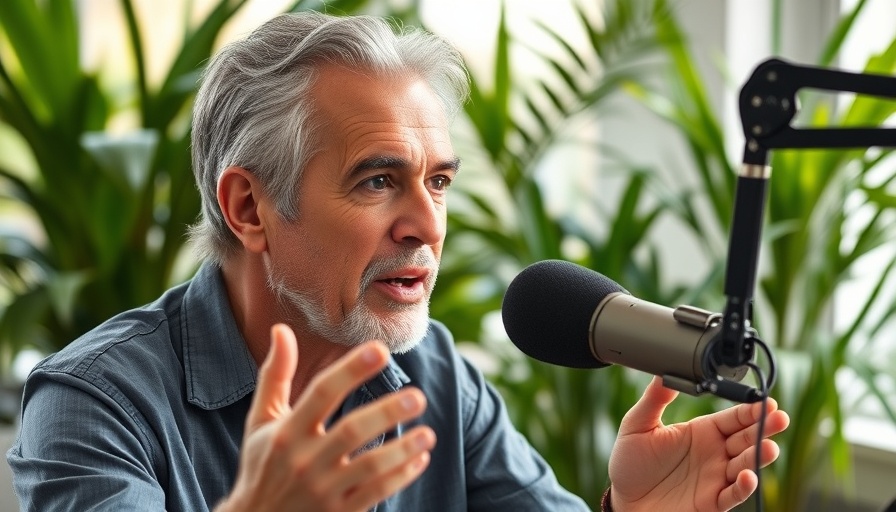
Introduction: The Fragility of Recovery
Cancer is a formidable opponent, and while many patients find themselves cancer-free after rigorous treatments, the journey does not always follow a linear path. Recently, a compelling story shared through a short video clip has captured the hearts and concerns of many middle-aged and elderly viewers—a reminder of the ongoing battle people face even after achieving remission.
Understanding the Journey of Cancer Survivors
The path to being cancer-free is often filled with uncertainty and fear as relapses can occur unexpectedly. This narrative echoes the reality for many who have underwent treatment. Survivorship doesn’t guarantee immunity to cancer; it calls for continuous vigilance and lifestyle adjustments. Insights derived from cancer research indicate that maintaining a healthy lifestyle post-treatment can significantly influence patients’ overall health and risk of recurrence.
The Role of Healthy Aging in Survivorship
Healthy aging is crucial for Cancer survivors. After recovery, maintaining physical health, mental wellbeing, and emotional stability becomes paramount. Integration of healthy aging habits—from nutrition to exercise, along with mental health practices—can foster substantial benefits. For instance, incorporating regular physical activity not only boosts physical health but also uplifts mood and mental clarity.
Nutrition: A Cornerstone of Longevity
A balanced diet enriched with essential nutrients strengthens the body’s immune system. A longevity diet rich in fruits, vegetables, whole grains, and healthy fats can be vital for seniors. Cancer survivors should be particularly mindful of what they consume, as certain foods can potentially support cancer prevention and overall wellness. Exploring healthy aging nutrition can reduce inflammation and support recovery, making it a critical component of their lifestyle.
Exercises for Resilience: Building Strength and Stamina
Appropriate exercise regimens can improve not only physical strength but also emotional health. Light to moderate exercises, such as walking, swimming, or yoga, can enhance cardiovascular health and aid in maintaining flexibility. The concept of longevity exercises highlights activities that help improve the quality of life as one ages, providing both physical benefits and the joy of movement.
Mental Health: The Underrated Aspect of Recovery
Mental health plays a vital role in how seniors cope with the aftermath of cancer. Survivorship can bear significant psychological ramifications, often leading to anxiety and depression. Featuring practices that promote brain health for aging, such as engaging in social activities and brain exercises, can alleviate distressing symptoms and enrich daily living.
Heart Health: Protecting Against Future Illnesses
Studies show a strong connection between heart health and cancer survivorship, highlighting that patients maintain vigilance about their cardiac health. Implementing a heart health diet and regular check-ups can safeguard both heart and overall wellbeing. Leading with mindfulness concerning heart health can minimize risks associated with aging, especially in those recovering from severe illnesses.
Social Connections: The Heart of Longevity
Furthermore, fostering strong social connections is known to support longevity. Relationships with friends and family create a valuable support system, giving cancer survivors the emotional resilience they need. Sharing experiences can facilitate healing and bring purpose, fostering the much-needed companionship that sustains morale.
Conclusion: A Call for Ongoing Awareness and Engagement
The story of cancer survivors is more than just a tale of triumph over adversity; it is a profound reminder of the importance of continuous care beyond treatment. Engaging in healthy lifestyles, prioritizing mental well-being, and nurturing social connections could be detrimental in thriving post-cancer. For viewers inspired by these stories of survival, it’s essential to embrace longevity tips and make informed choices for a fulfilling life ahead.
Let’s remain proactive about our health. Understand the significance of engaging in healthy aging practices not only for yourself but also for your loved ones. Each step taken today can pave the way for a healthier future.
 Add Element
Add Element  Add Row
Add Row 



Write A Comment